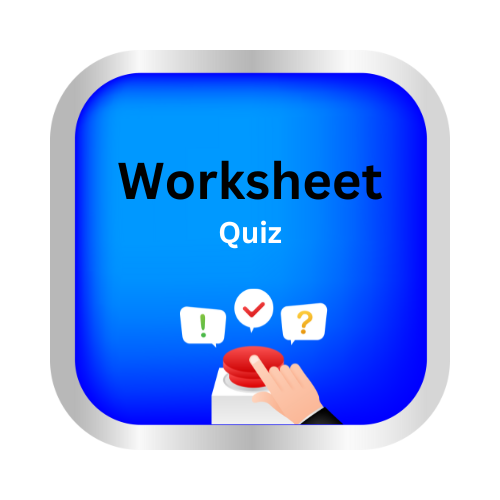Identify infinitives and infinitive phrases
Key Notes:
- An infinitive is the base form of a verb usually preceded by “to”.
- It cannot act alone as a complete verb.
- Examples:
- to run 🏃
- to read 📖
- to sing 🎤
💡 Remember: An infinitive looks like a verb but can act as a noun, adjective, or adverb.
- An infinitive phrase is an infinitive + its modifiers and objects.
- It functions as a noun, adjective, or adverb in a sentence.
- Examples:
- to win the race 🏆 → “to win” is the infinitive, “the race” is the object
- to read a scary book 📚
- to sing loudly in the hall 🎶
💡 Tip: Look for the “to + verb” pattern and see if it has extra words describing the action.
| Function | Example | Emoji Help |
|---|
| Noun | To study 📚 is important. | Acts as the subject |
| Adjective | I have a lot of homework to finish 📝. | Describes a noun |
| Adverb | She ran fast to catch the bus 🚌. | Describes a verb |
| How to Identify Infinitives & Infinitive Phrases |
- Look for “to + verb” ✅
- Check if it has extra words (object/modifier) → then it’s a phrase
- Ask what role it plays: noun, adjective, or adverb? 🤔
- Examples:
- To travel around the world 🌍 is my dream. → Infinitive phrase (noun)
- I have a project to complete by Monday 📅. → Infinitive phrase (adjective)
- He woke up early to catch the train 🚆. → Infinitive phrase (adverb)
- Without “to” → it’s usually not an infinitive.
- Infinitives never act alone as the main verb; they need another verb.
- Spot the whole phrase: Look for objects, adverbs, or adjectives with the infinitive.
| Fun Example Sentences to Practice: |
- I want to learn French 🇫🇷.
- She has homework to finish before dinner 🍽️.
- They ran to catch the ice cream truck 🍦.

